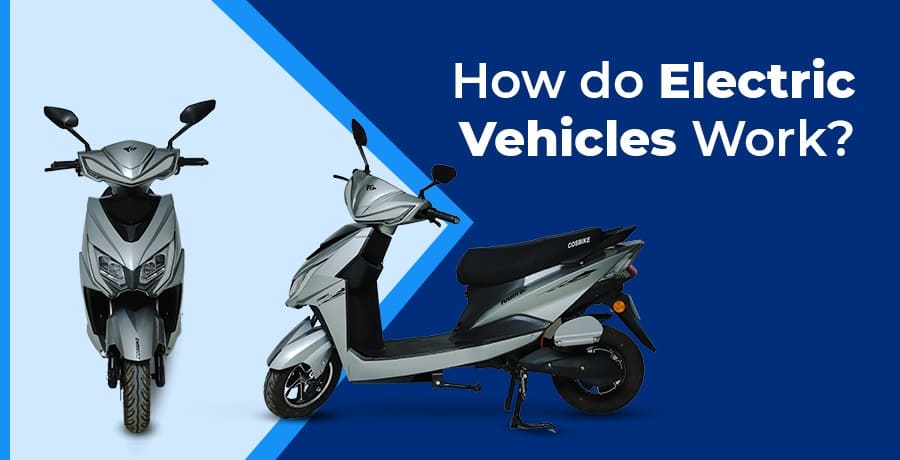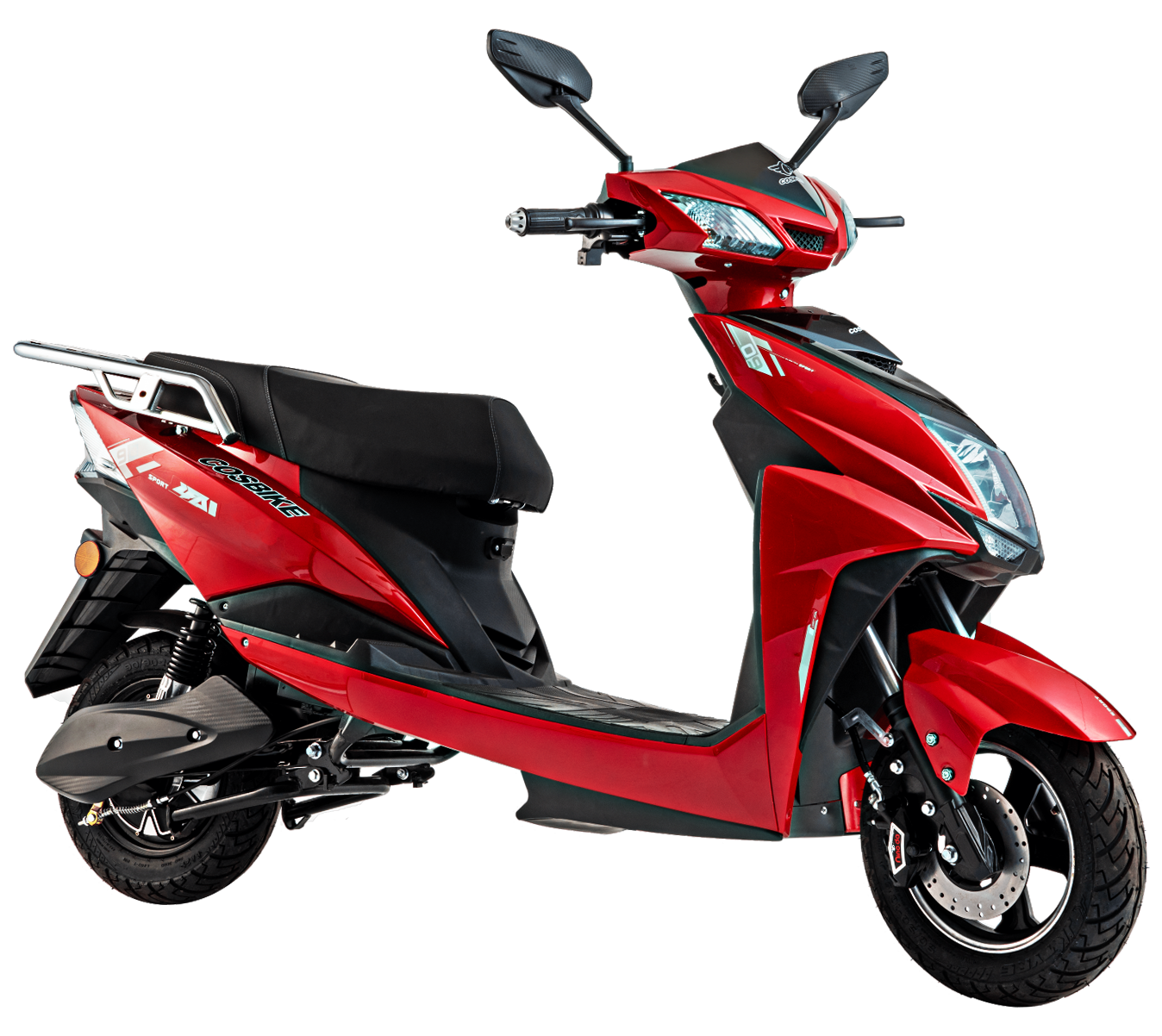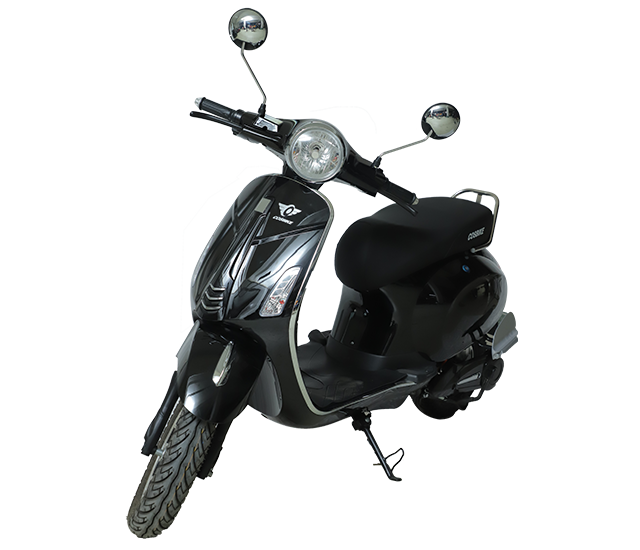Electric vehicles (EVs) are popular as a more sustainable and efficient alternative to gasoline-powered vehicles. But how do they work?
In a nutshell, an EV converts electrical energy into mechanical energy. This is done through a motor powered by a battery pack.
Here is a more precise description of how an Electric Vehicles works:
1. The battery pack is the heart of the EV. It provides the power that the motor needs to run the vehicle.
2. Electrical energy is turned into mechanical energy by the motor. The motor is what makes the wheels of the EV turn. A battery pack powers it.
3. The controller regulates the flow of energy to the motor. The controller ensures the motor gets the right portion of electricity to run efficiently.
4. The regenerative braking system captures energy when the EV brakes. The regenerative braking system helps to restore the battery pack when the EV brakes.
When the EV is operating, the motor turns the wheels by drawing power from the battery pack. To ensure the motor works well, the controller controls the power flow to it.
The regenerative braking system of an EV utilizes some of the energy that would otherwise be wasted as heat when the vehicle stops to replenish the battery pack. This contributes to the EV's increased efficiency and range.
Various battery chemistries can power EVs, including lead-acid, nickel-metal hydride, and lith um-ion. Lithium-ion batteries are the numerous common type of battery used in EVs because they offer the best combination of energy density, power, and lifespan.
An EV's range depends on several factors, including the battery's size, the motor's efficiency, and the driving conditions. Most EVs range around 100-200 miles on a single charge.
EVs are a more sustainable and efficient option than gasoline-powered vehicles. They produce zero emissions, which helps to improve air quality. EVs are also quieter than gasoline-powered vehicles, which can make them a more pleasant driving experience.
As technology continues to improve, EVs are evolving to be more reasonable and accessible. This makes them a more attractive choice for car buyers looking for a more sustainable and efficient way to get around.
Here are some of the benefits of e-electric vehicles:
• They produce zero emissions, which helps to improve air quality.
• They are quieter than gasoline-powered vehicles, making them more pleasant driving knowledge.
• They are more efficient than gasoline-powered vehicles, which means they can save you money on fuel costs.
• They are less costly to maintain than gasoline-powered vehicles.
• They have a lower environmental impact than gasoline-powered vehicles.
If you are thinking of buying an electric vehicle, there are a few things you should keep in mind:
• The range of the EV. Make sure the EV you choose has sufficient range to meet your needs.
• The charging infrastructure. Make sure there are enough charging stations available where you live and work.
• The cost of the EV. Electric vehicles can be more expensive than gasoline-powered ones, but ownership costs are lower.
• An electric vehicle is a great option if you want a more sustainable and efficient way to get around.
If you want a fashionable, reasonably priced, and environmentally friendly electric bike, COSBIKE is the ideal option. Our bikes are constructed from premium components and include various features ideal for commuting, errands, or simply moving around town. To make it simple for you to purchase the bike you choose, we also provide a range of financing alternatives. COSBIKE is the ideal option for economical, attractive, and environmentally friendly electric Vehicles.
How do Electric Vehicles Work?
By: Admin | 17 July 2023










